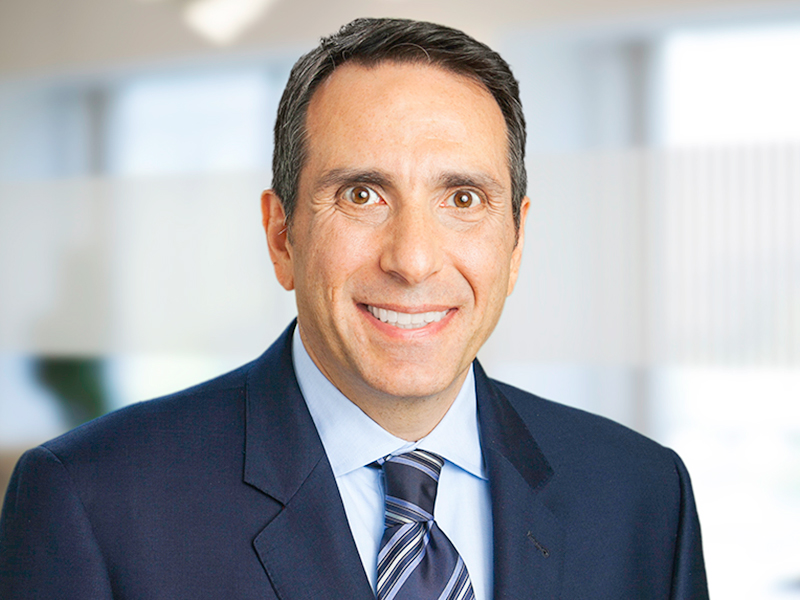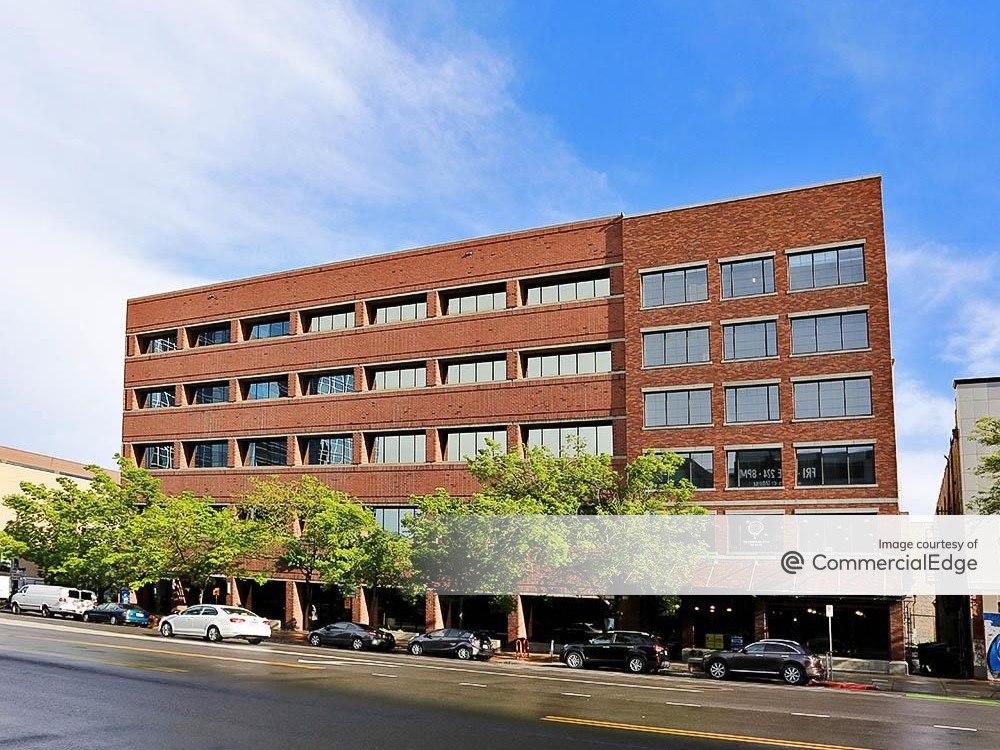Global REITs Confident They’ll Weather Economic Storm
Despite a consensus that the good times can’t keep rolling forever, many REIT executives are confident in their ability to meet any challenges or market shifts head on, notes BDO USA Partner Stuart Eisenberg.
By Stuart Eisenberg
 “What goes up, must come down.” That familiar refrain echoes in the back of economists’ mind every time the Dow soars to new record-breaking heights, a quasi-regular occurrence last year. After more than 70 record closes in 2017, the markets fell in early February and major indices posted their worst weekly declines in more than two years. REITs declined in tandem, with the FTSE Nareit All Equity REITs Index hitting its lowest level in 14 months.
“What goes up, must come down.” That familiar refrain echoes in the back of economists’ mind every time the Dow soars to new record-breaking heights, a quasi-regular occurrence last year. After more than 70 record closes in 2017, the markets fell in early February and major indices posted their worst weekly declines in more than two years. REITs declined in tandem, with the FTSE Nareit All Equity REITs Index hitting its lowest level in 14 months.
Steep declines were short-lived, and the market started posting gains within the week. While indexes bucked the downturn in the immediate term, the dip is expected to usher in a period of increased volatility to an uncharacteristically calm market.
The culprit for the sudden drop? A culmination of economic factors stirred the pot with two core concerns bubbling to the surface: interest rates and inflation. Tax cuts, a plan for increased federal spending and strong monthly wage growth in January reported by the U.S. Bureau of Labor Department stoked investors’ inflation anxieties. The 10-year Treasury note—an important indicator for the market—also reached a four-year high of 2.88 percent.
REIT Reactions
In an environment with newly ignited market jitters, what is the overall sentiment for REITs? Data suggests that the global real estate market could be reaching the end of its upward climb as well. More than two-thirds of global REIT executives (68 percent) felt that the real estate cycle in their market was at or past its peak, according to the BDO Global REIT Report. The recently published report takes the pulse of the international REIT landscape, surveying 35 REIT executives at companies with a combined market capitalization of $130 billion.
Continued low yields for prime assets and interest rate concerns are likely contributing to the expectation that real estate is reaching its peak. Two-thirds of the global respondents said the movement of interest rates would have the greatest short-term impact on REITs. The U.S. Federal Reserve forecasted three gradual rate increases throughout the remainder of the year.
Interest rate increases are almost always a double-edged sword for REITs. The potential negatives include steeper financing costs and depreciation of real estate values. Rising rates can also lead investors to reallocate their shares to bonds and other assets, in which returns see a bump with increased rates. In response to the market movement and expected rate increases, some publicly traded REITs have started refinancing debt and taking other measures to reduce their exposure.
Conversely, the Federal Reserve sets interest rate programs based on the overall health of the economy and rate increases suggest renewed economic confidence. An environment of strong economic fundamentals is overwhelmingly positive for REITs, leading to increased rents and occupancy rates that could offset the negatives.
Despite a consensus that the good times can’t keep rolling forever, 87 percent of REIT executives expressed confidence in their business prospects and ability to meet any challenges or market shifts head on. REITs have demonstrated steady growth over the last decade. According to NAREIT, the sector’s market capitalization more than tripled in that span, reaching $1 trillion. Nearly half of the global REIT executives (46 percent) expect continued growth in the next two years.
The bottom line for the industry? Come what may, REITs are ready.
Stuart Eisenberg is the national leader of BDO USA’s Real Estate & Construction practice.







You must be logged in to post a comment.